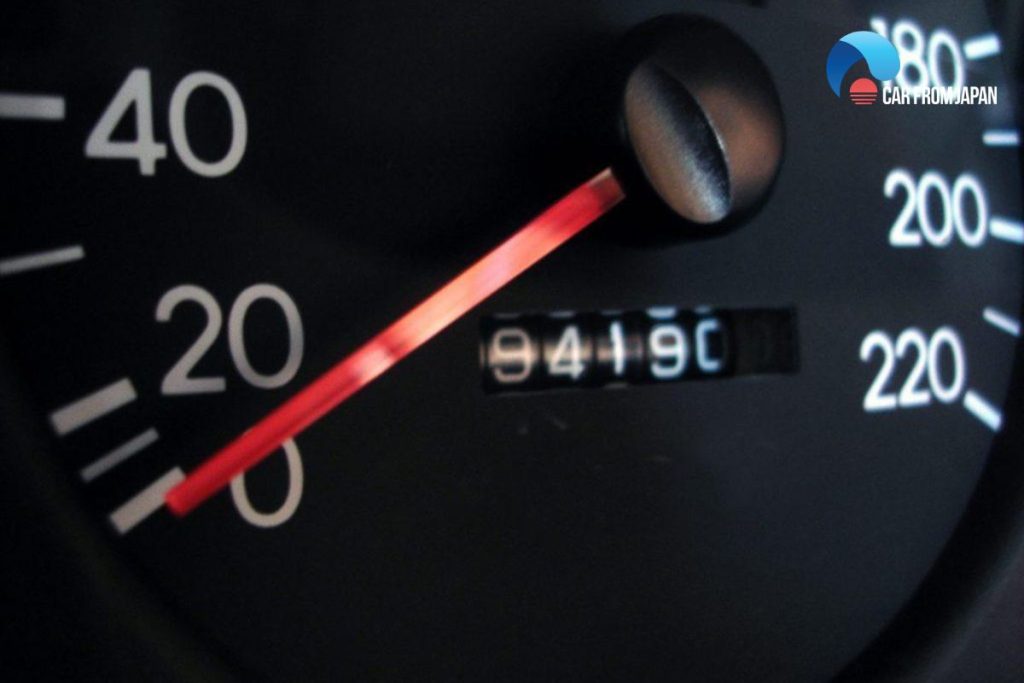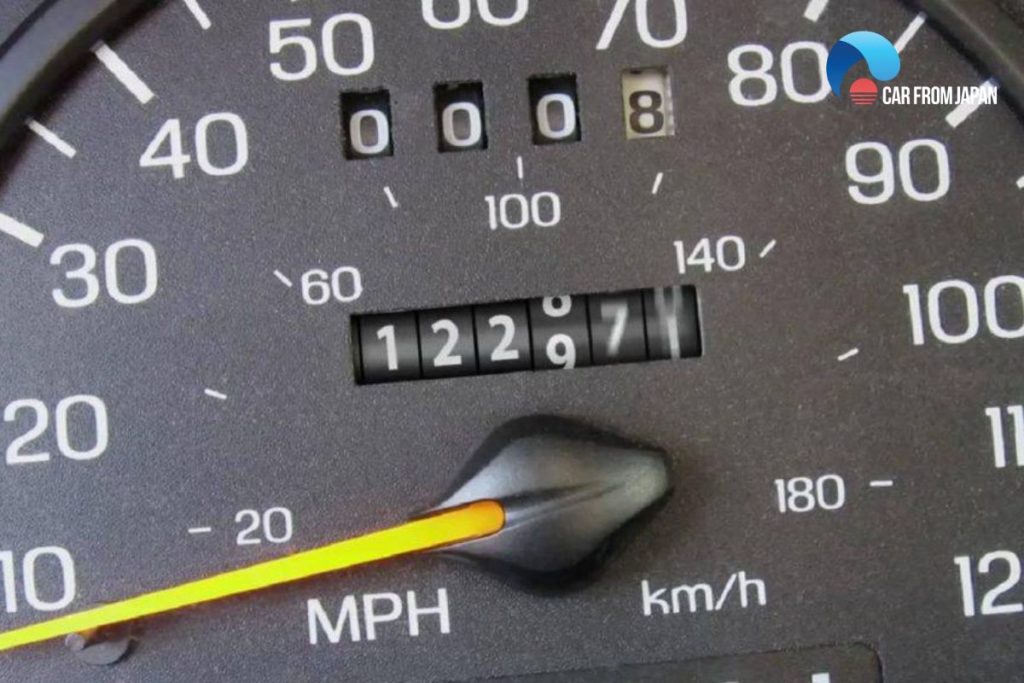Every vehicle has an odometer attached to it. And people usually ask does a new engine reset the odometer, and maybe so do you. Before getting to know the answer, let’s get deeper into the trending topic.
The odometer is a device that measures the overall distance traveled by your car so far, usually identified in the form of mileage.
Your odometer reading matters when you need to keep track of the distance traveled owing to pending oil changes, regular maintenance, or for a tire change.
But what if the readings reset? It certainly wouldn’t be less than a nightmare.
Contents
- Does A New Engine Reset The Odometer?
- FAQs On Resetting The Odometer
- Can you adjust the miles on your odometer?
- What are the consequences of tampering with the odometer?
- How can you know whether the odometer has been reset?
- What happens if you buy a used car with a rolled-back odometer?
- What controls a car’s odometer?
- How frequently are odometer resets?
- Can a dealer or dealership reset an odometer?
- Wrapping Up
Does A New Engine Reset The Odometer?
Both the engine and the odometer are two separate entities. The engine helps in running the vehicle while the odometer reflects the distance traveled down the road.
Many people believe that when the engine is replaced for one reason or another, the mileage readings would get back to zero. Is it the truth?
Truth Behind Manipulating The Odometer Readings
An odometer is all about the distance that your vehicle travels since you bought it from a dealer. It is not the engine alone that manipulates the odometer readings.
On the contrary, the entire mechanical block does! In simpler words, the odometer signifies the mileage of the whole car and not just the engine.
For instance, one gets a heart donor who is a younger individual. That does not imply that the recipient would turn younger, he would remain the same age.
The same is the case with the engine and an odometer. So the answer to, “Does a new engine reset the odometer,” is no, it does not reset the odometer.

In case, you opt for manually resetting the odometer; you would have to face legal charges.
This is because the engine change status needs to be documented and the mileage change should be calculated and presented.
If none of that happens, you would have to bear the dire consequences that follow.
See More: An Explanation Into the Working of Speedometers
How Can You Reset The Odometer?
It is legally not permissible to modify the odometer readings. There are people who before reselling their car think of replacing the engine.
Why is that so? This is because of the misconception that the engine replacement would reset the odometer ratings which, in turn, would bring good value to the car. You need to realize that this is a mere fallacy.
It may surprise you, but if you wish to reset the odometer, you would have to go the extra mile. You would have to rework the entire car making.
Replacing the engine, transmission, suspension, brakes, alternator, wiring, or anything you could think of; everything together aids in resetting the odometer.

FAQs On Resetting The Odometer
Can you adjust the miles on your odometer?
Yes, you may roll back mileage on a digital odometer to make it look lower than the vehicle’s genuine mileage.
Prior to the early 2000s, you had to physically roll back the numbers on a mechanical meter designed to record the distance traveled by a vehicle.
What are the consequences of tampering with the odometer?
In the United States, there is a punishment for odometer fraud.
Disconnecting, resetting, or manipulating an odometer of a motor vehicle with the intent of changing the true mileage is punishable under 49 USC 32703.
Civil penalties can include fines of up to $10,000 per infringement, with each odometer change representing a separate infraction.
How can you know whether the odometer has been reset?
The simplest approach to determine if the odometer has been turned back is to compare the miles on the odometer to the numbers on the inspection documents.
You might also consult car history reports. These papers will provide information regarding any mileage modifications.
What happens if you buy a used car with a rolled-back odometer?
Buying a car with a fake odometer reading might imply the car’s condition isn’t as excellent as you believe, resulting in pricey maintenance and repairs you’re not prepared to tackle.
What controls a car’s odometer?
The engine control unit counts all of the pulses and calculates the total distance traveled by the vehicle.
This implies that if you try to “roll back” the odometer, the value recorded in the ECU will be incorrect.
The figure may be read with a diagnostic computer, which is available in all automobile dealership service departments.
How frequently are odometer resets?
According to this NHTSA report (PDF), roughly 452,000 used automobiles with incorrect odometer readings are sold each year, accounting for 3.47 percent of all used vehicle sales.
This indicates that if you want to buy a secondhand automobile, you have a one in 29 risk of encountering odometer rollback fraud.
Can a dealer or dealership reset an odometer?
It is prohibited for a car dealership to reduce the number of miles on a vehicle for any reason.
There are odometer statutes in existence that protect car buyers if the miles have been reset.
This may result in criminal charges being filed against the firm or individual involved in the illegal action.
For more information on how to spot odometer rollback fraud on your used vehicle, check out this video from Denver7!
Wrapping Up
Knowing the facts about does a new engine reset the odometer, you would be clear that odometer readings would never dwindle no matter what.
Always remember to follow the standards and never make a decision that could end up ruining things.
Would you be ready for all of it? To explore more on the car-related trending topics, refer to maintenance tips.




I’d think the answer to this question is an obvious ‘no’ – there’s a lot more to a car than just its engine. Obviously…